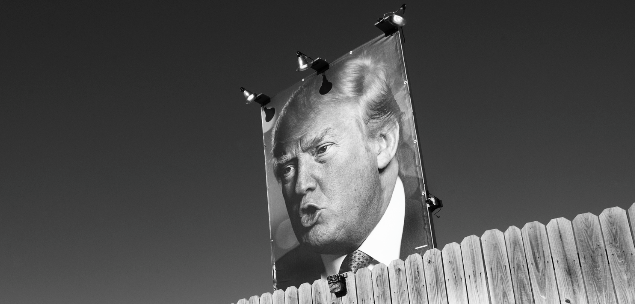Within 48hrs of his inauguration, the 45th President of the United States introduced a swath of Executive Orders that look set to rip up the old rule book and with it, the legacy of the Obama administration. This includes taking steps to dismantle the Affordable Care Act and the reversal of plans to reduce mortgage insurance premiums on federally insured home loans.
However, of all these sweeping changes, it is confirmation of the US’s withdrawal from the Trans-Pacific Partnership that has garnered most interest here Australia. To re-cap, the TPP would have been the largest trade agreement in the world, encompassing 12 countries, including Australia.
In an interview with the ABC earlier this week, Trade Minister, Steve Ciobo was adamant that this was really bad news for Australian exporters, and that he, on behalf of the Turnbull government, would do all it could to salvage the deal with the other partners.
Ciobo’s earnestness is perhaps a little misplaced. There is no question that Australian businesses will lose out on trade with the other signatories of TPP, but the scale of the loss should not be exaggerated. Nor should the opportunity it presents be ignored. According to a World Bank report in 2016, Australia’s economy was projected to get a boost of just 0.7% by 2030 as a result of signing up to TPP.
In addition, despite the president’s protectionist posturing, let’s not lose sight of the fact that we already have a free trade pact with the US (AUSFTA), not to mention Japan and New Zealand. These bilateral trade cordials can actually prove more advantageous to colossal multilateral agreements like TPP, where there is risk that in trying to please everyone, they please no-one. In short, with so many conflicting interests, such pacts are cumbersome and often watered down.
Trump’s widely anticipated TPP announcement therefore needs to be approached as an opportunity: to dial up the prospect of bilateral pacts with the likes of Indonesia and India, for example. If a regional pact is the Turnbull Government’s preferred route to opening up markets, China’s Regional Comprehensive Economic Partnership (RCEP) could present an alternative to TPP. With a New York Times editorial saying that it feared a ‘chaos presidency’, is it perhaps high time we more enthusiastically embraced east over west?
Talking of China, there is another issue that requires careful observation. Beyond TPP, there are more immediate and substantive issues relating to the AU Dollar that could impact Australian exporters. Against market predictions, the US dollar strengthened when POTUS45 won back in November. Trump is now adamant that the Greenback is too strong and in the process, “killing” American companies, which have to compete against what he believes to be an artificially low Chinese currency. If this trend continues, this could push the Australian dollar up – good news for importers and wage earners, bad news for Australian small businesses selling their wares overseas. There’s even talk that the continued volatility will mean a surge in the property market, as people look to bricks and mortar for a safe investment bet. As if property prices in Australia were not high enough.
About the author
Will Shepherd is Head of Treasury at OFX (formerly Ozforex), an ASX listed global company that manages foreign exchange transfers at competitive rates for individuals and businesses.

